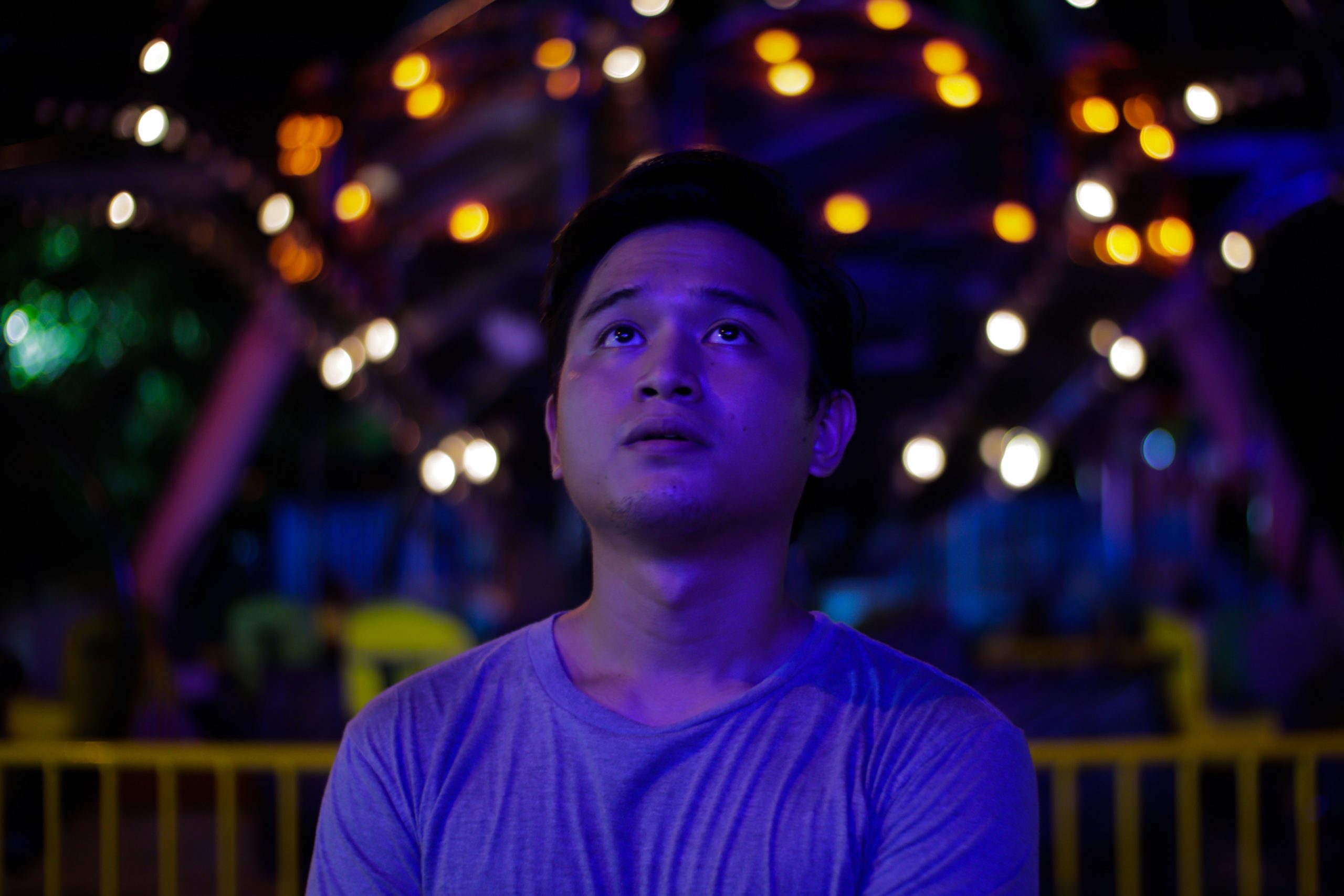Robert Sheppard reading ‘Flight Risk’
FLIGHT RISK
You roll on your back like a sore heel
to await the kick-off. The wallpaper’s
monumentality seems appropriate
to kick start our new alphabet. Two scratches
on a screen, the little hut of words in which
huddles the envoy of intention: the fulsome way
to say nothing is to build a house of deletions
and present it on a sketchy hillcrest.
We may see the characters dotted
on the ridged arc of this sky-map and read
what they tell us. They dance together until
they are folded upon one another and
anything may happen as they touch and rub,
transfer and exchange their implications. A
leaf speckled with messages torn from nature
drops through culture’s unrelenting drip-feed.
It will never coil over its inscriptions, crisp,
brown, and die the death. Squadrons of
intentionality swarm over the blank face
of spatial consciousness (or so somebody
is trying to tell us). Below the line
the words are translated
into the language we all claim to speak
with native skill and colloquial force
in deafening definition. Bring the wall down
with a long transforming moan that will
shatter the bricks to clattering rubble. Vowels
fall over each other for clarity; within
each is an explosive big Other that
could wreck a continent of signals spilling out
from the radio transmitter, even to our curved
coast. On its shoreline the sandpipers stroll,
pecking with their tapered beaks
the fecund sand. The guerrilla leader slouches
at the microphone, the sky blistering
to a blood-red backdrop, as he speaks,
pauses for effect, sips ice-cold water, proof
of something not demanded. The oceans
swirl in the satellite image as the hoarse
voice-over of a half-drowned meteorologist
whispers and then moves on, like
the president attending a wildfire, dry as
his necessary cannon. There are ranks of us,
chanting muffled slogans between excellent teeth.
The badge on my shirt depicts an arrow
pointing upwards. I tap its tin face,
clear my throat, and announce: ‘The
world is upended and programmed to spill
backwards; the frog leaping out of the pond
pulls its muscle-flip splash through the fresh
air.’ In the glass skyscraper night of our
sign-reading, only one window blazes
with the calligraphy of honest light and,
in its square, we read nothing more exotic
than the fictional laws of this circumscribed
world: sounds squeezed through an hourglass
dropping into soft sand. The possible
dimensions of this are not merely a result of
logic: the swirling words twirl in a sonic dance
that traverses the block of outward reason.
Flurries over the blizzard landscape blind us
to the sky falling as the word ‘sky’, brushing
the reading face you carry to sort this moment,
its sinking indication. Your black lips,
their edges holding the mouth down to
sobriety, steadying it for utterance, pliant along
their rims, stretch for solid crimson plaint,
blast their message like an ensign.
Say the word but shade it anew. See what a
little smudge might do, now you’re open on the floor
like a plastic bottle. A wave of yellow hair
brushes against the blue night, sparks
of expendable static. She is simply reversed,
like her red/green dress; her astonishment
is limitless, though one blow and she’s a tide
of terror. Jet warriors and ginger girls
caper before her copper earrings
that collect the soundtrack of this muted war.
Every dystopia must embroil its trash
in the purest poem: a hanging melody
lifts an alighting sparrow on its floating palm.
This city was designed with its favellas
of waste readymade, custom-built
to receive the discards of the irrigated centre
in their turgid canals of disease and rot. We stay
in our allotted square, amid the green band. The
blue areas feel like water when we imagine them
or stencil the word on our white plastic walls.
From the sky, the entire city spells its name. If
only she would scintillate her non-organic charms
upon us, we might divert our wasting senses.
An intimate dance, tense in circular mirroring,
magnetic cohesion, might pull us into orbit. We
might attempt to repeat these moves, recalling
its call, building a new space to live in. Antiquity
imagined it knew what posterity might treasure.
Whereas Romans hoped we would worship
here, we want to pick among the bone-shards
of their refuse dumps to comprehend their diet, or
to interpret this naked slave who, having
hoisted an ampoule on her shoulders, topples
amid the discarded words of a language
she could never have understood, carpeting
her fall like a voice commanding a mirror.
I’m tired of providing captions for each
new phenomenon, laureate of the dung-heap,
stuffing them speckled with local rain through
your clacking letter boxes. You’re so invested
with belief predicated upon non-identification
that you’d agree with, and to, almost anything. We
nestle on cold scales either side of the metronome,
which is either somebody’s joke or their biography.
We stretch enclosures on the map
of feeling: there’s something to hide here,
ring-fenced and regimented and regal.
Triangulate through the circle past
the row of stars, auspiciously neat
constellations joining up the dots of an
atomised mythology to enact stale tales,
nebulous performers on a rocky stage.
The disk begins to churn the air as it turns,
spilling its effluvial thoughts on the
pink-tinged branches, trembling blossom.
Its words spell trouble over and over.
